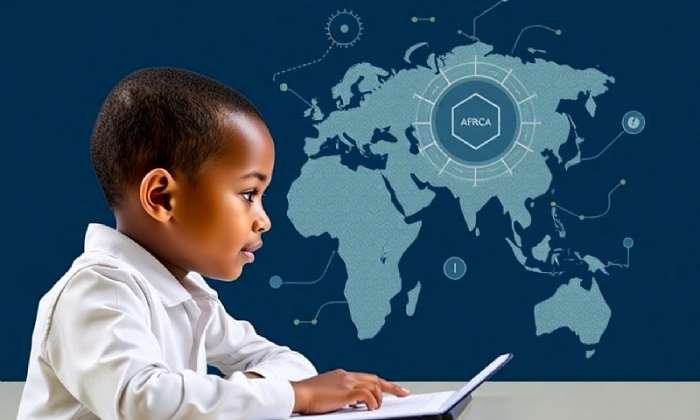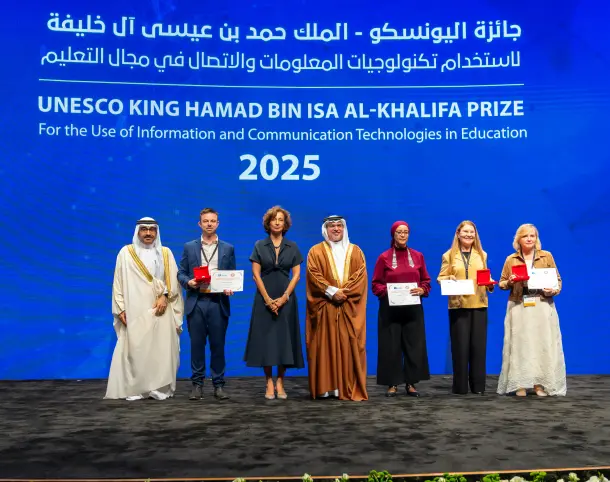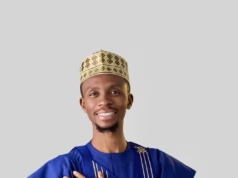In a ceremony at the University of Bahrain in October 2025, UNESCO celebrated four education initiatives from Belgium, Brazil, Egypt and the United Kingdom that are preparing students and teachers to use artificial intelligence responsibly. The recognition — an exceptional awarding this year of the UNESCO-King Hamad Bin Isa Al-Khalifa Prize for the Use of Information and Communication Technologies in Education — highlights practical, classroom-facing work that frames AI not as a curiosity or threat, but as a civic tool that must be taught, interrogated and tamed for the public good.
The message from UNESCO’s leadership was clear: technology should serve education, not the reverse. The organisation underlined that as AI reshapes classrooms, curricula and careers, nations must anchor those changes in ethics, equity and transparency. UNESCO Director-General Audrey Azoulay and education ministers attending the event praised projects that reach low-resource communities, train teachers at scale, and build critical thinking alongside technical skills.
Table of Contents

The Prize and its exceptional year
Established in 2005 with support from the Kingdom of Bahrain, the UNESCO-King Hamad Bin Isa Al-Khalifa Prize rewards projects that creatively and responsibly use technology to improve teaching and learning. Typically awarded to individual projects, this year — marking the Prize’s 20th anniversary — UNESCO made an exception and recognised four initiatives whose shared theme was “Preparing learners and teachers for the ethical and responsible use of artificial intelligence.” Each recognised project joins a legacy of Prize winners and helps define what meaningful AI education looks like on the ground.
UNESCO’s decision to spotlight multiple winners speaks to the urgency and scale of the education challenge: AI is not a single tool to be adopted but a broad shift that requires new curricula, teacher development, and public conversation about fairness, privacy, and accountability. The Prize’s patronage and the high-profile ceremony underline a growing consensus among international bodies that AI literacy is an essential civic competency.
The four recognised initiatives — practical, scalable and ethical
UNESCO singled out four concrete programs that demonstrate different ways to teach responsible AI:
- AI4InclusiveEducation (Belgium) — Developed by La Scientothèque as part of the Erasmus+ SteamCity initiative, this programme teaches 10–18-year-olds from disadvantaged communities about data privacy, algorithmic bias and misinformation through civic and interdisciplinary modules. It uses local issues — governance, mobility and community life — to anchor abstract concepts. According to UNESCO, AI4InclusiveEducation has reached more than 6,000 learners and 300 teachers through open-access learning modules.
- Piauí Inteligência Artificial (Brazil) — A state-level effort that has made AI education compulsory from Year Nine through secondary school, Piauí’s programme blends ethics into a three-year learning path accessible in low-resource environments by combining digital and offline activities. Implemented by the Federal University of Rio Grande do Sul together with the Piauí State Department of Education, the programme currently benefits roughly 90,000 students across 540 public schools each year and has trained over 680 teachers.
- Mahara-Tech (Egypt) — Built by the Information Technology Institute, Mahara-Tech is Egypt’s national digital education platform with a regional reach in Arabic. With ethical principles threaded through its content, the academy offers free, inclusive AI training in Arabic and counts over 600,000 users and close to 2 million learning journeys across the region — a notable achievement for language-centred, large-scale digital inclusion.
- Experience AI (United Kingdom) — Co-developed by the Raspberry Pi Foundation and Google DeepMind, Experience AI targets 11–14-year-olds and reaches more than 1.2 million young people in 24 countries. It uses open-source tools and a “train-the-trainer” model that has supported over 7,700 teachers, aiming to build a global culture of critical thinking about search engines, social algorithms and chatbots.
Each programme takes a different tack — civic education, compulsory curriculum reform, regional language access, and scalable teacher training — but they converge on the same idea: ethics and critical literacy are just as important as technical competence. UNESCO

A movement beyond tools: UNESCO’s guidance and competency frameworks
UNESCO’s recognition of these projects sits within a broader push by the organisation. Since 2018 UNESCO has prioritised the ethics of AI and advanced the first international normative framework in the field. The agency published guidance on generative AI in education (September 2023) and rolled out AI competency frameworks for students and teachers in 2024 — including practical recommendations such as proposing an age limit of 13 for the use of generative AI by students. UNESCO has also run training on these frameworks in more than 100 countries and supported 58 nations to build curricula and certified training for digital and AI skills. These efforts frame the Prize winners as pieces of a larger global strategy to make AI education responsible and inclusive.
That strategic framing matters. Competency frameworks give policymakers and school leaders a scaffold for integrating AI into existing systems without sacrificing equity or safety. UNESCO’s work stresses that AI in schools must be accompanied by teacher support, assessment tools, and community engagement — not merely device procurement or platform rollouts.
What this recognition means for students, teachers and policymakers
For teachers, the Prize winners demonstrate practical pathways to make lessons about AI relevant and teachable. Training hundreds or thousands of teachers — as these projects have done — creates the multiplier effect that education reform needs: teachers, once confident, tailor lessons to local contexts and mentor peers. For students, the programmes show that AI literacy can be civic and critical, helping young people question information, recognise bias and understand data privacy as part of everyday life. For policymakers, the projects are evidence that scalable, low-cost models — such as combining offline resources with online tools or training trainers — can work in lower-resourced settings.
In short, recognition by UNESCO is not just an accolade. It’s a signal to ministries of education, donor agencies and civil society that responsible AI education is feasible, fundable and urgently needed.
Why language, access and local relevance matter
A recurring theme among the winners is adaptation to language and local realities. Mahara-Tech’s Arabic content and Piauí’s blend of offline materials recognise that digital divides are not only about devices but also about language, connectivity and curriculum relevance. UNESCO’s mention of these attributes underscores a practical lesson: fairness in AI education means designing for the people who will use it. Programmes that ignore local culture or language risk producing surface-level adoption without real understanding.
The limits and the next steps
Recognition is useful, but it is not a cure. Scaling initiatives while safeguarding data privacy, avoiding surveillance, and ensuring assessment integrity will require ongoing investment. UNESCO’s own guidance points to an age-sensitive approach, teacher professional development and national policy frameworks as next steps — areas where ministries and partners must act quickly if gains are to be sustained. The organisation’s training programmes and support to 58 countries provide an institutional scaffold, but national and community ownership will determine whether these innovations become routine practice.

A call for collaboration: from classrooms to policy rooms
What comes next is collaboration. Donors and development partners can fund teacher training and locally-adapted resources. Tech companies and civil society can support open tools and transparent curricula. Researchers can evaluate outcomes and unpack unintended harms. And education leaders must treat AI literacy as both a technical and civic endeavour: teaching students how to use AI, and teaching them why they should question it. UNESCO’s recognition of these four projects gives policymakers tested models to adapt — and a moral nudge to put ethical education at the centre of AI’s classroom rollout.
Join Our Social Media Channels:
WhatsApp: NaijaEyes
Facebook: NaijaEyes
Twitter: NaijaEyes
Instagram: NaijaEyes
TikTok: NaijaEyes




